May 3, 2021
The Most Innovative Vertical Farming Companies Of The Decade

Editor’s Note: The following list details the most innovative vertical farms, ranging from responses to Covid food system disruptions to global impact, and is based on Agritecture’s team’s personal opinions regarding the Vertical Farming industry.
Food security is and always will be at the forefront of global social and environmental issues. Vertical farms transcended the boundaries of the food landscape by forcing farmers and entrepreneurs to reimagine what food production and feeding a planet of over 7 billion people could look like. During the global pandemic, these vertical farming companies were called upon to fill in the gaps that traditional agriculture and food systems were unable to provide for. As a result, there has been endless innovation in the food industry.
Here is Agritecture’s list of the most innovative vertical farms of the decade:
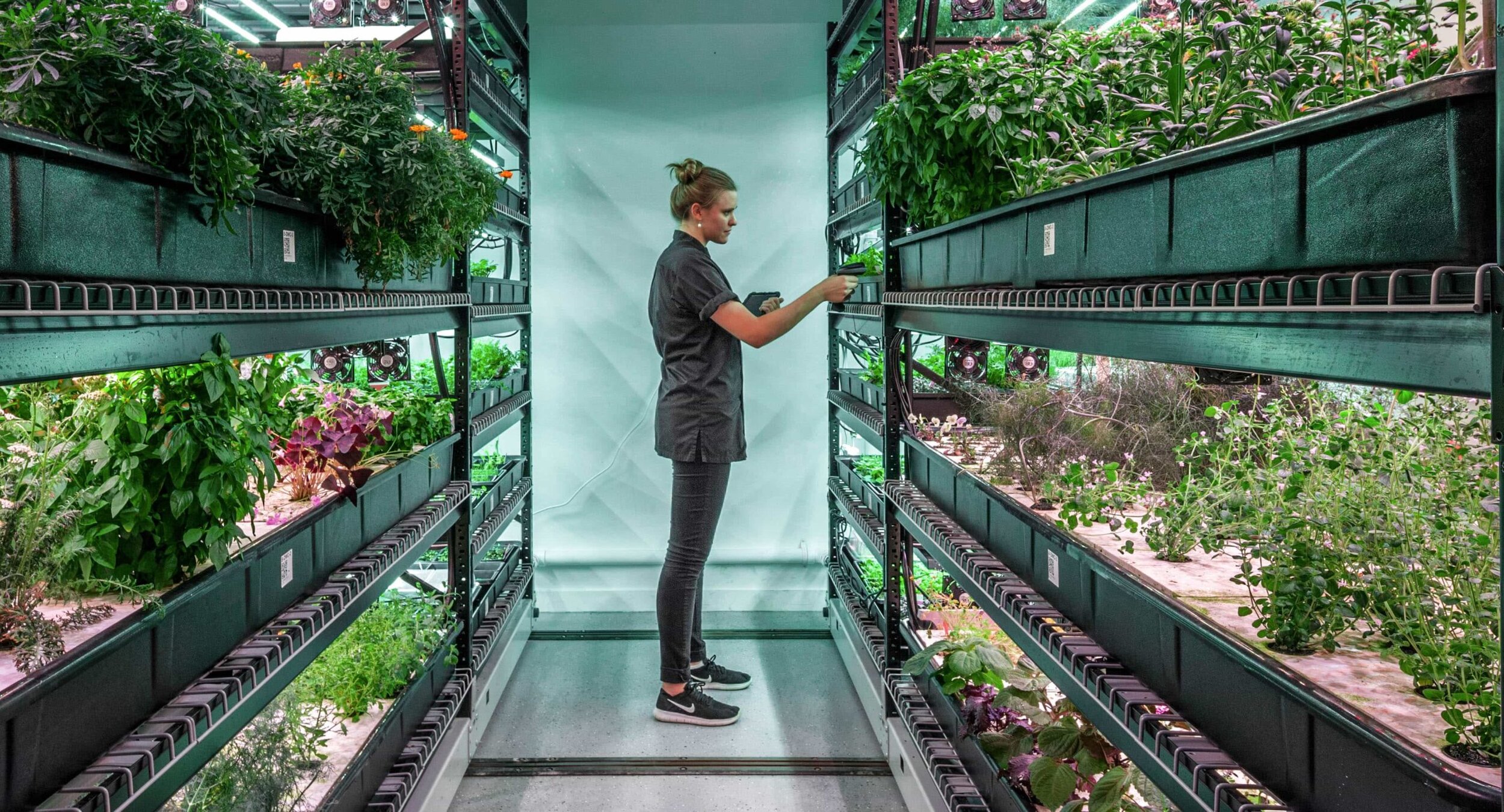
Image sourced from Farm.One
Farm.One for forming a tangible link between
farm and chef
Starting in 2016, Farm.One uses their vertical farms to “surprise and delight with fresh, local, specialty ingredients” at every step of the road. Starting their journey at the Institute of Culinary Education (ICE) in downtown Manhattan, they were always well connected to chefs with a small, experimental farm. This relationship led to the creation of delightful flavors and spectacular food, and eventually, a loyal community. Their TriBeCa farm showcases the power of smaller farms in larger cities while also enabling their team to educate and delight visitors with their produce.
Agritecture’s Director of Digital Strategy, Ricky Stephens, picked Farm.One because “to me, their ability to create such a tangible link between farm and chef was so thrilling, and they became one of several inspirations for me to eventually move back to New York and dive headfirst into the burgeoning urban ag scene.” Agritecture had the pleasure of working with Farm.One while setting up their first facility.
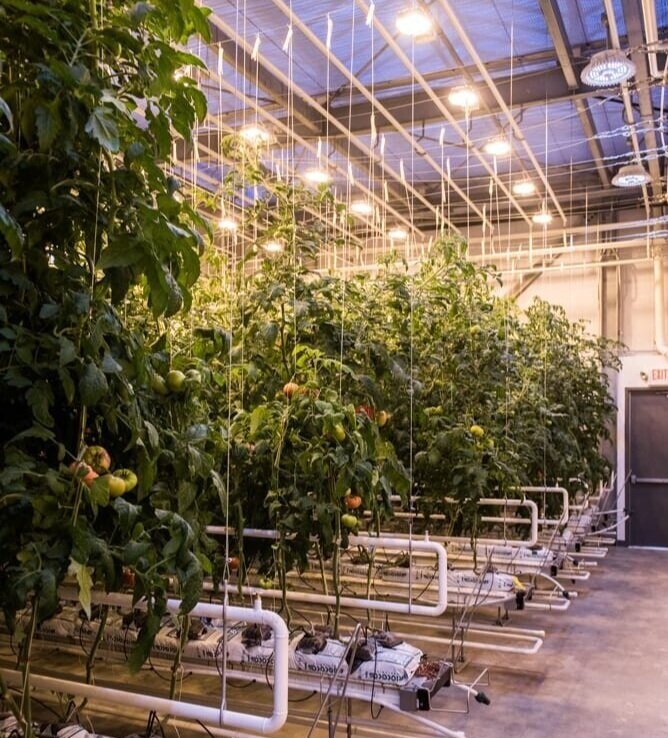
Image sourced from Vertical Harvest
Vertical Harvest for their innovative employment model
Vertical Harvest is an impact-driven hybrid CEA business that is all about being local! The team works to combine the practices of growing food vertically and creating jobs locally by running cost-effective and profitable hydroponic farms. But, what’s unique about Vertical Harvest is that they provide inclusive employment opportunities for underserved communities. Specifically, the aim is to support those “who struggle to find meaningful work and upwardly mobile career opportunities.” For example, their Wyoming farm comprises community members with developmental disabilities.
Agritecture’s Director Of Business Development, Jeffrey Landau, picked Vertical Harvest because of their “innovative employment model, focused on creating jobs for differently-abled adults, to solve a critical social challenge in their community while, of course, also providing fresh produce to this more remote region.”
Smallhold for their gourmet mushrooms and Covid response

Image sourced from Smallhold
This farming technology company has figured out how to grow delicious gourmet mushrooms and enables customers to do the same with subscription-based growing systems.
Aside from generating consistent and reliable local produce tailored to individual businesses and customers, Smallhold Farms also adapted quickly to Covid-19. In terms of sales channels, they’ve launched home delivery services and offered a series of pop-ups to sell mushrooms and grow kits to people where they are. For their team’s morale and well-being, they host optional daily meetups and have added a virtual stand-up meeting to their calendars. They’ve created a response guide for other businesses to help others achieve the same success as they have in continuing operations. Learn more about their Covid response.
Agritecture’s Founder & CEO, Henry Gordon-Smith, picked Smallhold because “adapting to COVID-19 has been challenging for farms and especially their restaurant customers. Smallhold’s quick pivot to selling direct-to-consumer home mushroom growing kits was a clever way for them to increase their clout with customers and fill in the financial gap that resulted from restaurant closures. Instagram was blowing up as Smallhold customers’ mushroom bags were bursting and the resulting fruit spoke for themselves to get the company more attention and new customers.”
*disclosure: Henry is an advisor to Smallhold
Aerofarms for being an early-adopter and pioneer in tech
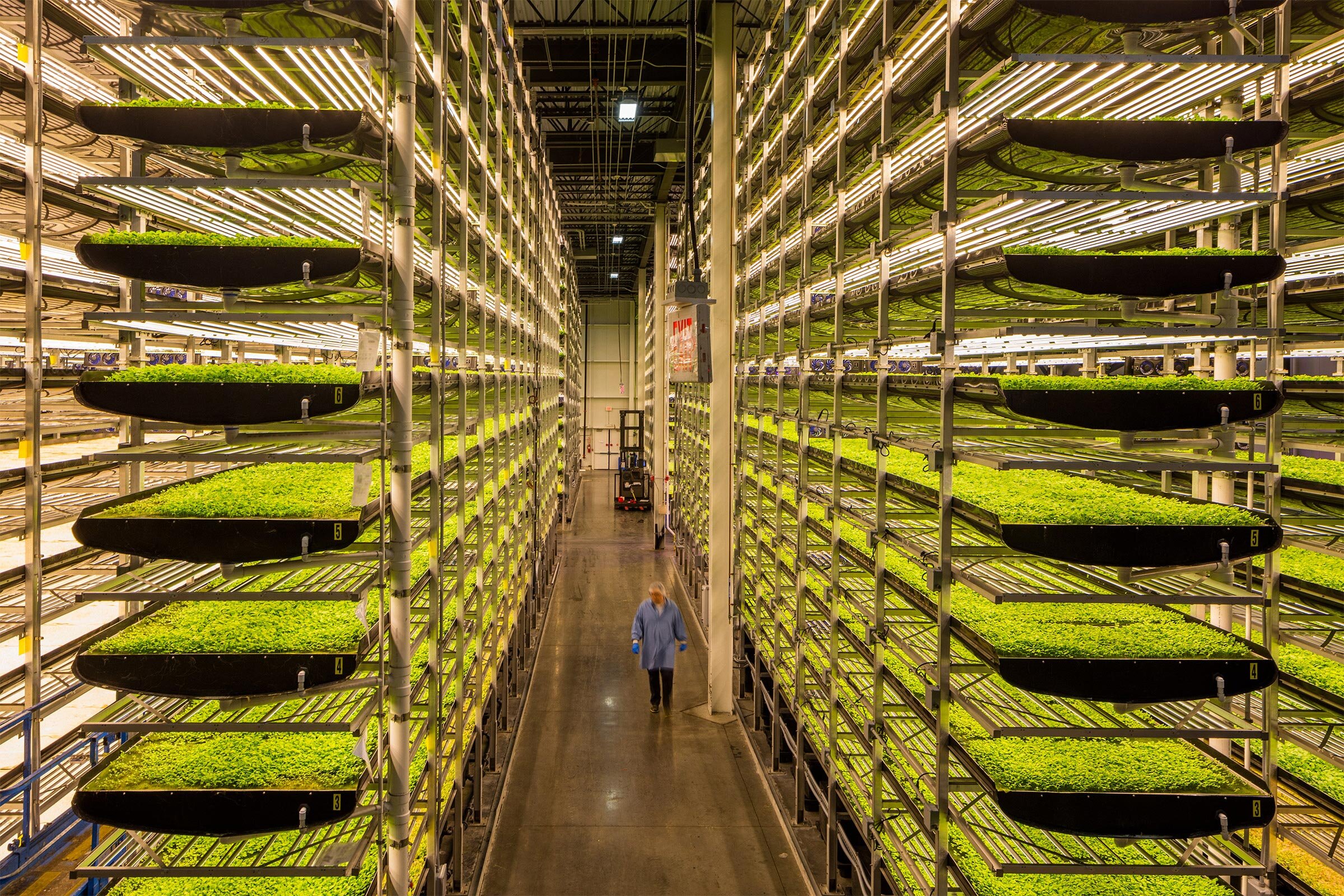
Image sourced from Aerofarms
Founded in 2004, Aerofarms is on a mission to grow the best plants possible for the betterment of humanity. As a mission-driven Certified B Corporation and Public Benefit Corporation, they’ve developed an award-winning aeroponic technology that provides the perfect conditions for healthy plants to thrive. They also sell their varieties of microgreens and baby greens, allowing individuals to enjoy locally grown, pesticide-free produce on the regular. They recently entered into an Agreement and Plan of Merger with Spring Valley Acquisition Corp., a special purpose acquisition company, and are soon to be publicly traded.
Agritecture’s Director Of Digital Strategy, Ricky Stephens, picked Aerofarms “for being an early adopter and pioneer of intensive data capture and intelligence as a way to come up with more efficient and flavorful plant recipes which drastically reduced their seed-to-harvest time.”
InFarm for their global reach
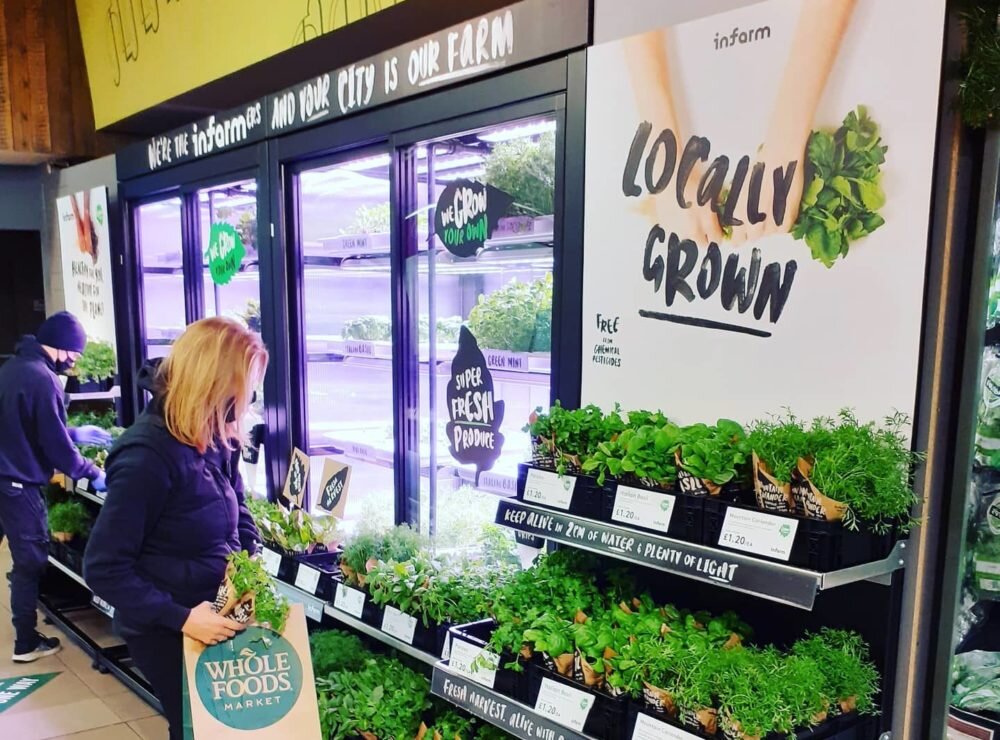
Image sourced from InFarm
InFarm is a vertical farming company that has built a network of urban farms to grow fresh food closer to consumers. The global company was founded in 2013 with a visionary mission to help cities become self-sufficient in their food production. They work to redefine the entire food supply chain from start to finish by distributing the farms themselves as close to the point of consumption as possible. This includes installing the modular farms right inside grocery stores, where shoppers have access to fresh, sustainable produce grown on-site.
Agritecture’s Founder & CEO, Henry Gordon-Smith, picked InFarm because “no vertical farming company has captured the hearts of retailers and their shoppers quite like InFarm has. Their expansion to such a wide range of markets including Japan, the US, UK, and Canada makes their model appear possible almost anywhere. InFarm is making the dream of a global vertical farming company real and that’s worthy of respect and admiration.”
Infinite Acres for pioneering tomatoes
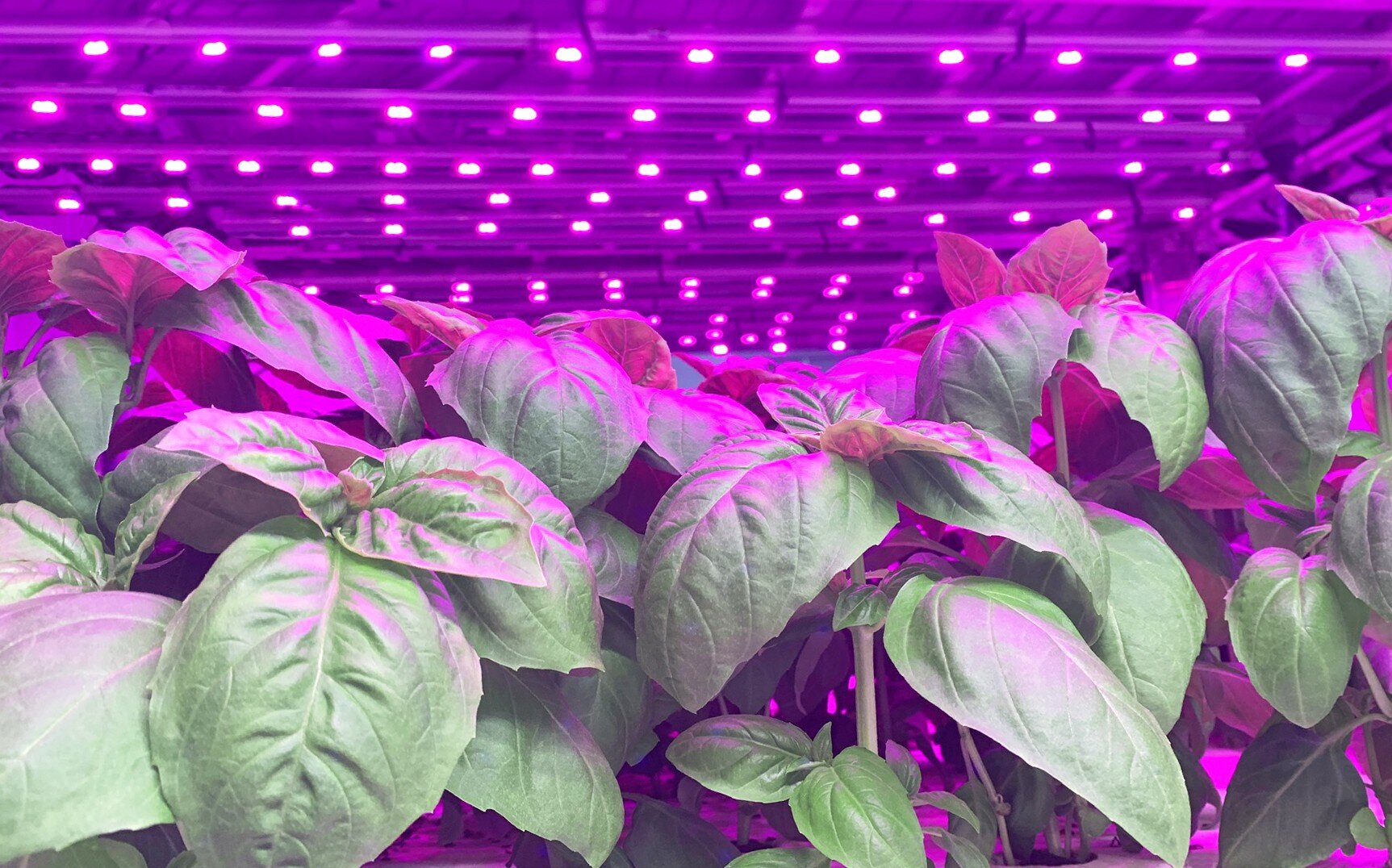
Image sourced from Infinite Acres
Infinite Acres is a sustainable food system company, and is a full-service global solutions provider for the indoor horticulture industry. The team was invited to build a fully functioning vertical farm to display as part of the Guggenheim exhibit ‘Countryside the Future’, where they grew vining cherry tomatoes in a controlled environment in the middle of New York City. The exhibitional grow module showcased the power of indoor farming to passersby.
Agritecture’s Founder & CEO, Henry Gordon-Smith, picked Infinite Acres because “I had the pleasure of seeing one of the first commercial research modules for growing tomatoes that this joint venture with Priva was developing. When I first saw the fruits growing indoors with zero sunlight with my own eyes, I realized that there could be a new kind of a tomato, a better tasting one that is developed for more urban customers.”
Dream Harvest for their renewables

Image sourced Dream Harvest
Founded in 2015, Dream Harvest is a sustainable indoor farming company working by tightly controlling their growing environment to give crops exactly what they need to flourish and become delicious produce. Farming in Houston, they’re also a carbon negative company! Dream Harvest reduces more than 650 kilograms of carbon from being emitted into the atmosphere each month. Their farm is also powered by 100% Texas wind energy.
Agritecture's Marketing & Sustainability Lead, Briana Zagami, picked Dream Harvest because of “their dedication to keeping sustainability at the core of their business model. From sourcing renewable energy, to rethinking their packaging and minimizing waste, Dream Harvest is taking responsibility to address environmental issues associated with agriculture”.
Cubic Farms for their technology
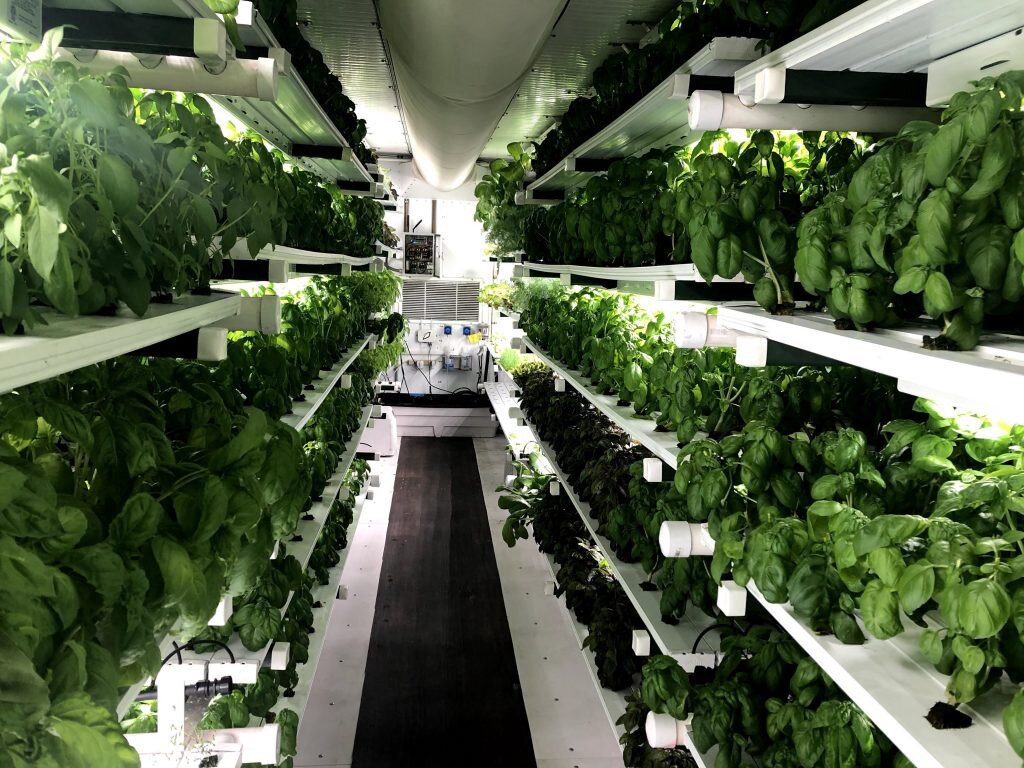
Image sourced from Cubic Farms
Founded in 2015, this local chain agtech company was founded by farmers with a mission to transform the agriculture system to enable local food and feed independence. They provide unique automated on site commercial-scale food & livestock feed technologies that convert wasteful long supply chain agriculture into local chains.
Agritecture’s Lead Agronomist, David Ceaser, picked Cubic Farms for a number of reasons. “I really like their design creativity. I believe they were one of the first companies to use a mobile system in a shipping container. This allows for a maximization of production area and a minimization of infrastructure for lighting and irrigation. I also appreciate their use of metal in the cultivation channels as I believe our industry has become too reliant on plastics and we need to look for alternatives.”

